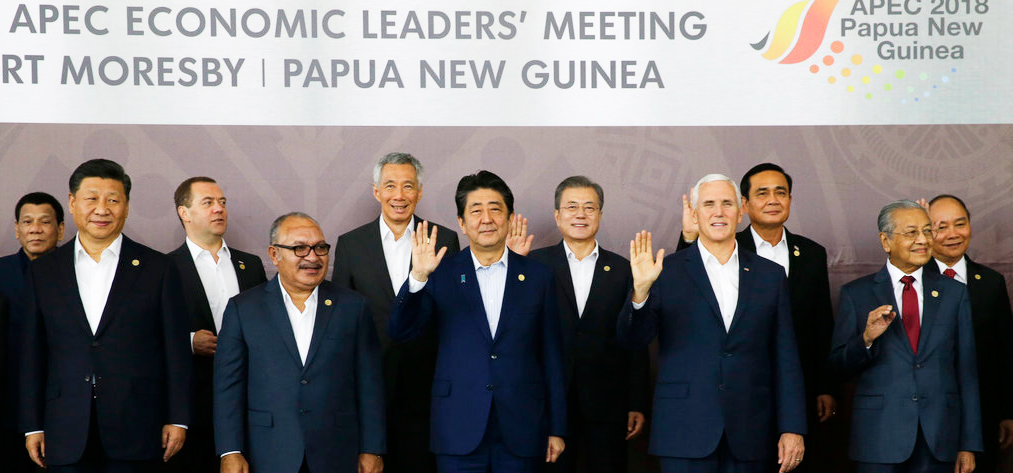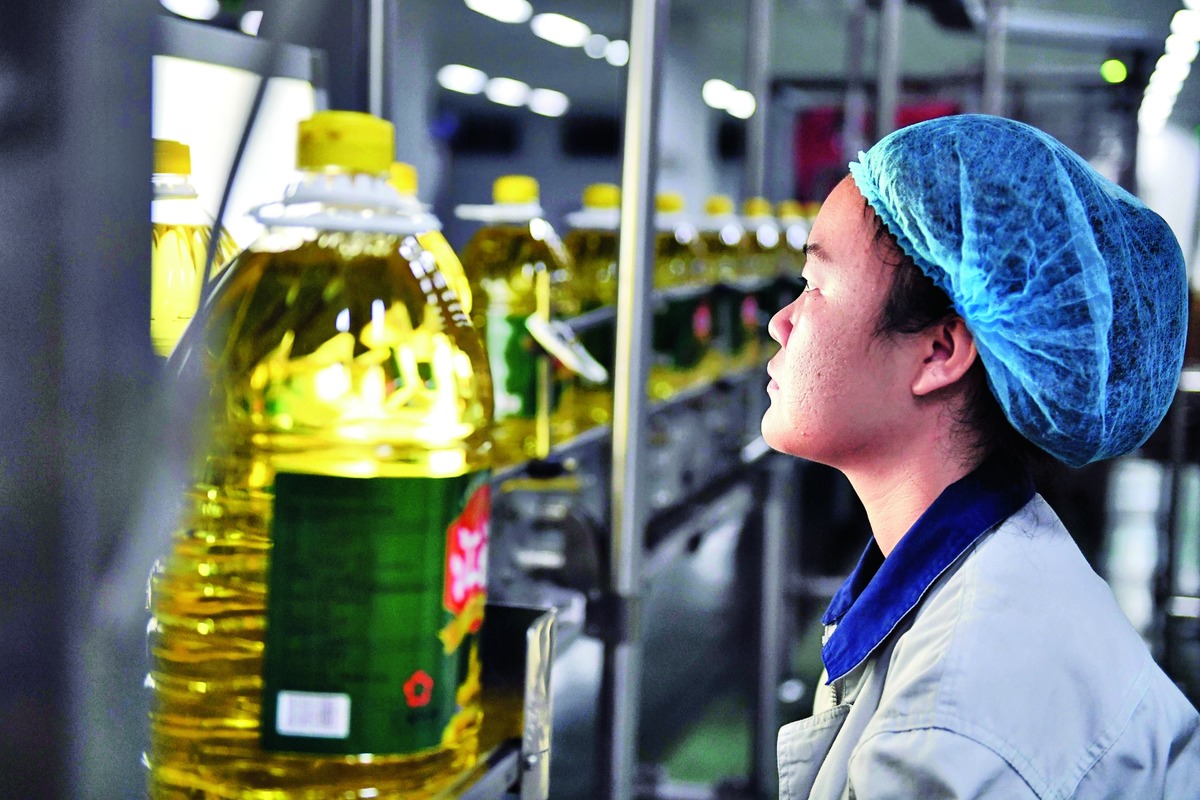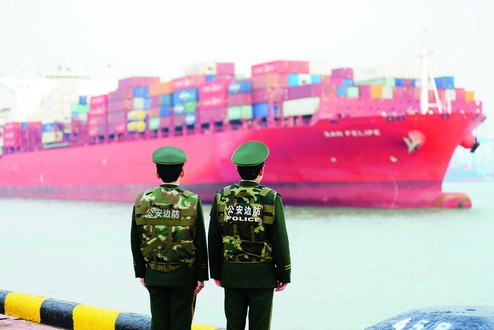Asia-Pacific leaders failed to agree on a communique at a summit in Papua New Guinea on Sunday for the first time in their history as deep divisions between the US and China over trade and investment stymied cooperation.
Police were called when Chinese officials attempted to “barge” into the office of Papua New Guinea’s foreign minister, it emerged on Sunday, as tensions at the Asia-Pacific Economic Cooperation (Apec) summit boiled over.
The Chinese delegates “tried to barge in” to Rimbink Pato’s Port Moresby office on Saturday, in an eleventh-hour bid to influence a summit draft communique, but were denied entry, three sources with knowledge of the situation told AFP.
“Police were posted outside the minister’s office after they tried to barge in,” one source privy to summit negotiations told AFP, requesting anonymity.
The diplomatic incident came with tensions already high at a summit of Asian-Pacific leaders that has been overshadowed by a spat between the US and China.
Pato had refused to meet the delegates, according to a source, who said: “It’s not appropriate for the minister to negotiate solo with the Chinese. The Chinese negotiating officials know this.”
The minister himself sought to downplay the incident, telling AFP: “There wasn’t an issue.” Asked about the incident, Chinese foreign ministry official Zhang Xiaolong told reporters: “It’s not true. It’s simply not true.”
Competition between the US and China over the Pacific was also thrown into focus with the US and its western allies launching a coordinated response to China’s Belt and Road programme.
“You know the two big giants in the room,” Papua New Guinea (PNG) Prime Minister Peter O’Neill said at a closing news conference, when asked which of the 21 members of Apec group could not agree.
O’Neill, who was chairman of the meeting, said the sticking point was over whether mention of the World Trade Organisation and its possible reform should be in the Leaders’ Declaration.
“Apec has got no charter over World Trade Organisation, that is a fact. Those matters can be raised at the World Trade Organisation.”
The multilateral trade order that Apec was established in 1989 to protect is crumbling as Chinese assertiveness in the Pacific and US tariffs strain relations in the region and divide loyalties.
A Leaders’ Declaration has been issued after every annual Apec leaders’ meeting since the first in 1993, the group’s website shows.
O’Neill said that as Apec host, he would release a Chairman’s Statement, though it was not clear when.
US President Donald Trump did not attend the meeting and nor did his Russian counterpart, Vladimir Putin.
US Vice-President Mike Pence attended instead of Trump.
Chinese President Xi Jinping arrived to great fanfare on Thursday and was feted by PNG officials. He stoked western concern on Friday when he met Pacific island leaders to pitch his Belt and Road initiative.
The US and its allies, Japan, Australia and New Zealand, countered on Sunday with a $1.7 billion plan to deliver reliable electricity and the Internet to PNG.
Wang Xiaolong, a senior economic official with China’s Apec delegation, said of the failure to agree on a joint statement that it was “not exactly a sticking point between any particular two countries”.












